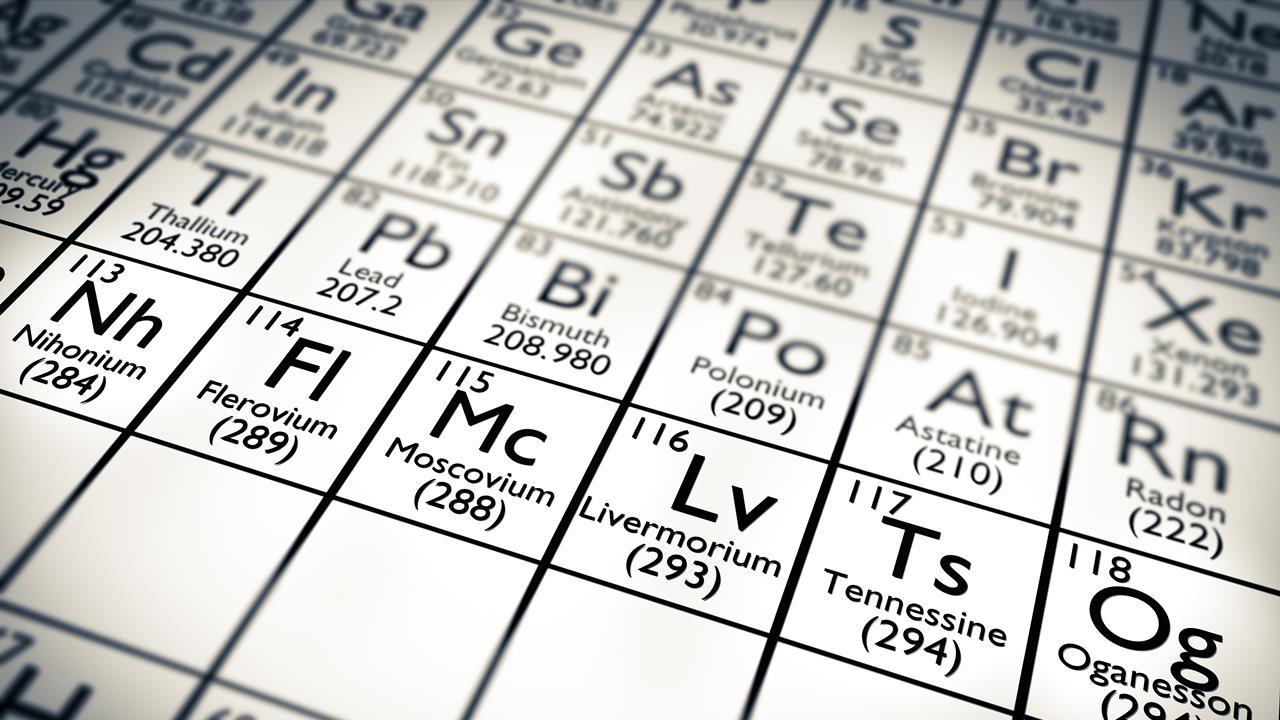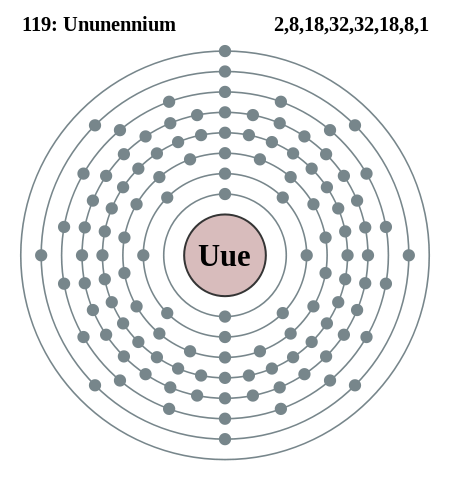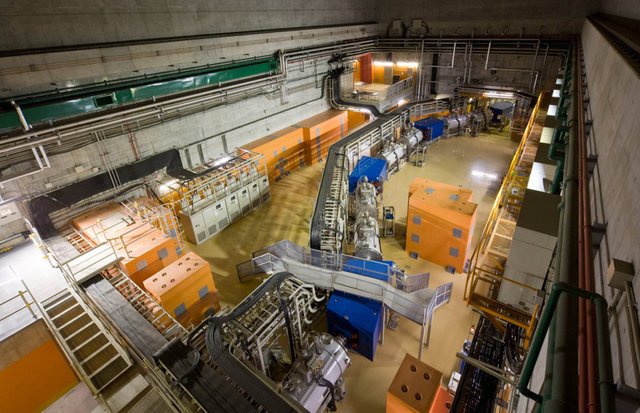The Ununennium or the new 'element 119' of the periodic table

The periodic table looks to a new row for the first time in history. Scientists from Japan try to synthesize the chemical element 119, "never created in the universe". A team of japanese scientists has just started one of the most exciting projects in physics in recent times: the search for the element 119 of the periodic table, "never seen and never even created in the history of the universe", according to the Physical Hideto Enyo, leader of the initiative.

The new element, Ununennium, also known as eka-francium or simply element 119, would inaugurate for the first time a new row - it would be the octave - in the periodic table proposed in 1869 by the Russian chemist Dimitri Mendeleev.
Hideto Enyo runs the Nishina laboratory at the Riken research center, a particle accelerator located near Tokyo. There, scientists are going to shoot vanadium beams, a metal, against a curio lens, a heavier element that does not exist naturally in the terrestrial environment. The theory is simple: the nucleus of the vanadium atom has 23 protons. Curium is 96. Fused, they would create a superheavy element with 119 protons. But it is not so easy.

This would create, in a few seconds, increasingly heavy elements, such as gold (79), lead (82) or uranium (92). The Tain experiment, called BRIKEN, tries to imitate these stellar entanglements in the laboratory of Japan.
This rapid process of neutron capture, however, would stop around element 110, as Tain points out, citing current theoretical predictions. If they are true, the element 119, as the Japanese Hideto Enyo says, has never been created in the universe. Never.

Why spend so much time in expensive experiments to synthesize an element for a few thousandths of a second? "Because it is very exciting to discover a new element, especially the 119, which will be the first of the eighth row of the periodic table", ditches the Japanese physicist, summarizing the curious spirit of basic science.
The German chemist Martin Heinrich Klaproth discovered uranium in 1789. He named it for the planet Uranus, which had just been observed for the first time a handful of years before. Uranium is the oldest element in the seventh row of the periodic table. If in 1789 they had asked Klaproth "and what do we want this for?", He could not have imagined that nuclear power plants would produce 17% of the world's electricity with the oldest element in the seventh row.
Congratulations @albazeus, you have decided to take the next big step with your first post! The Steem Network Team wishes you a great time among this awesome community.
The proven road to boost your personal success in this amazing Steem Network
Do you already know that awesome content will get great profits by following these simple steps, that have been worked out by experts?